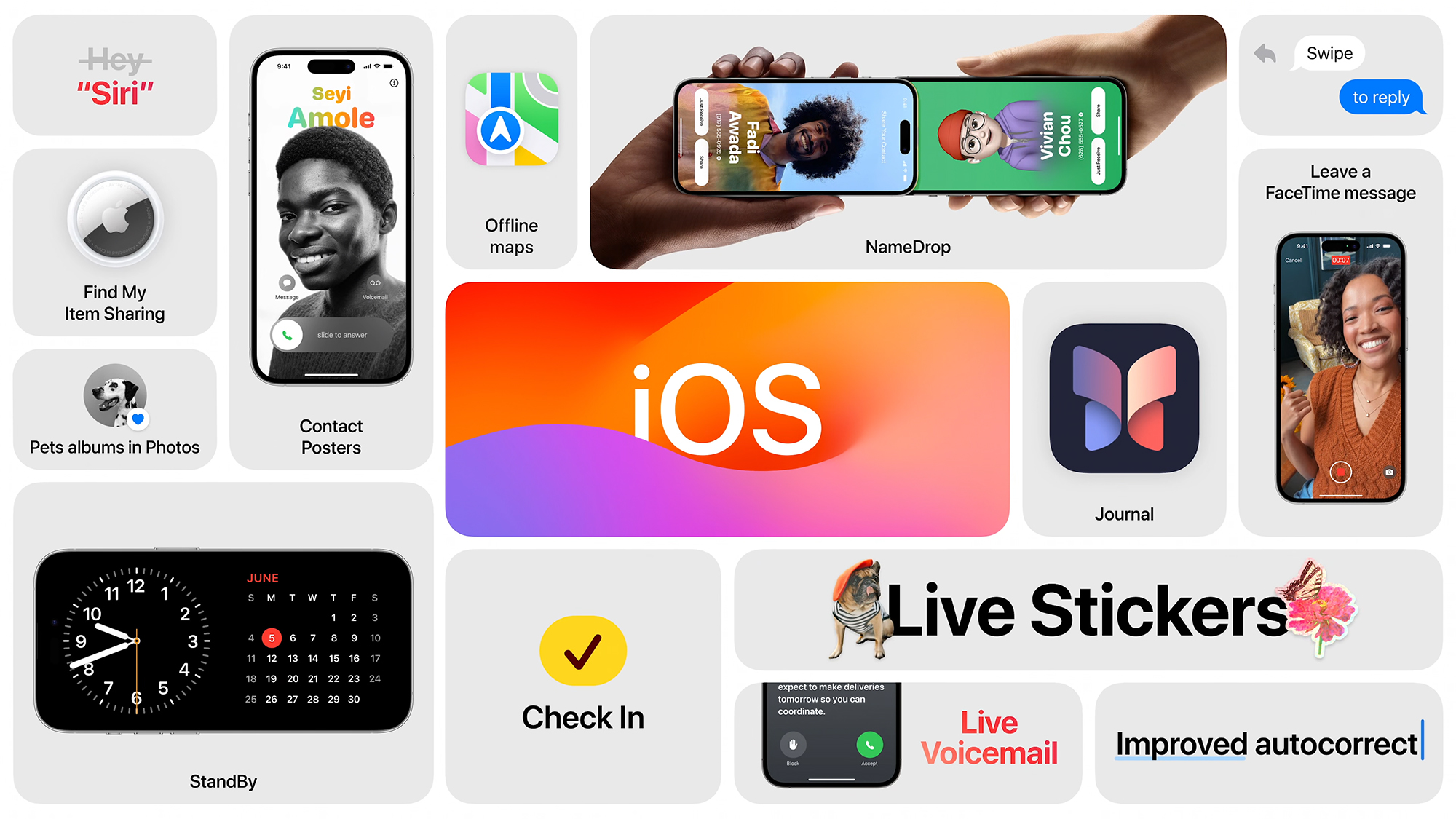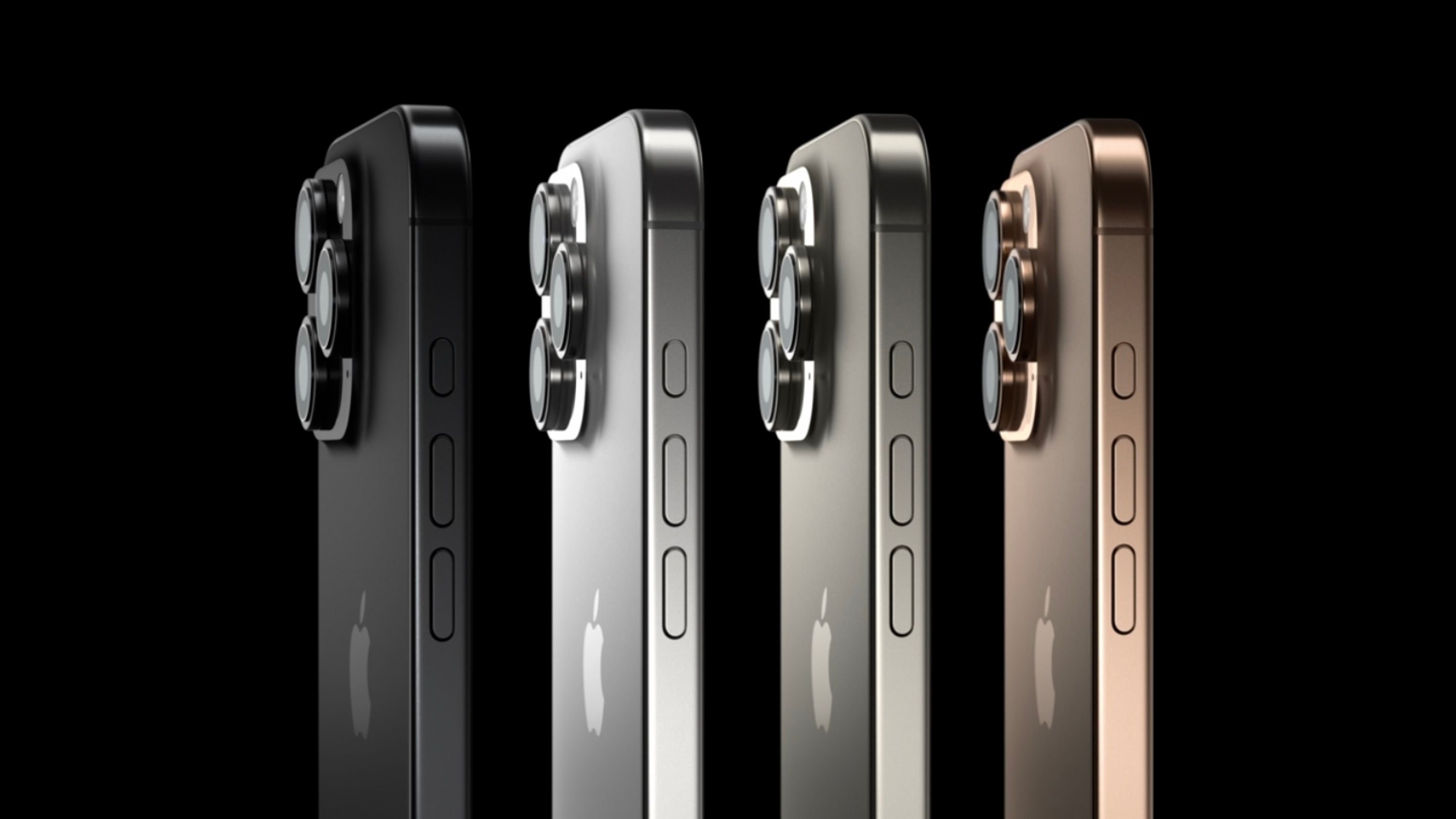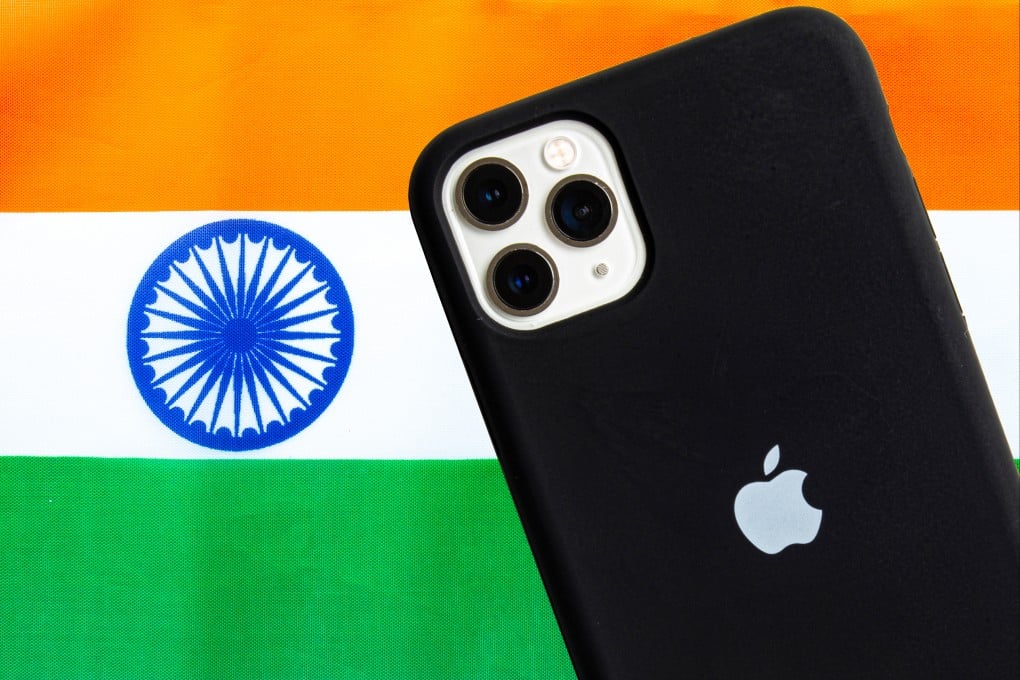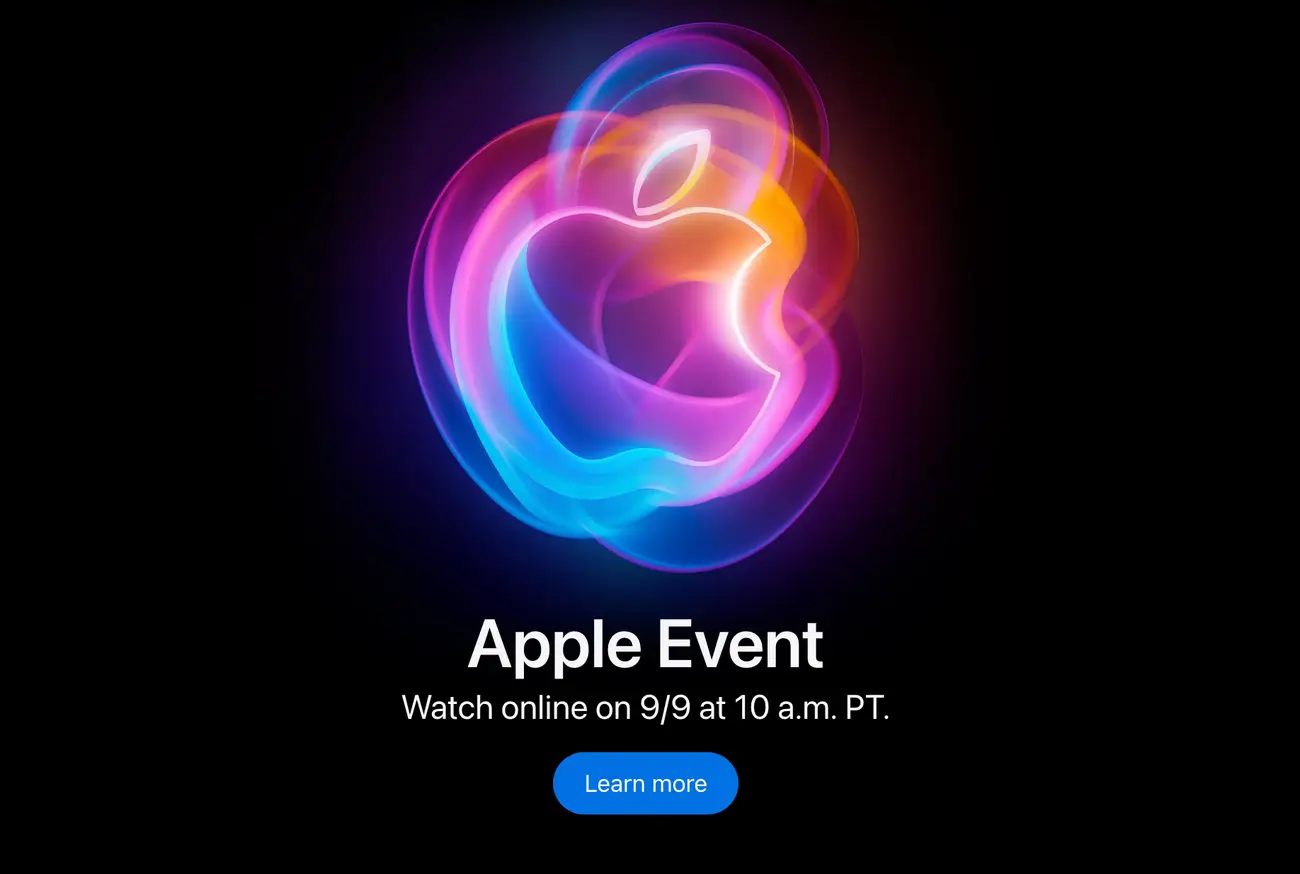New iPhones, AI upgrades, and other gear are available at Apple’s largest event of the year.
The iPhone 16 series and other AI-related enhancements for iOS 18 have arrived along with Apple’s annual presentation. Apple’s roster of announcements matched many of the anticipated hardware releases, including the new iPhone 16, AirPods 4, the Apple Watch Series 10, and more. As it did at WWDC in June, Apple Intelligence was the main attraction of the company’s event this year. Apple’s “Glowtime” event began at 10 a.m. PT, live broadcast from the company’s Cupertino headquarters. The entire event may be viewed on tape here.
It remains to be seen if Monday’s revelations will encourage or impede a “supercycle” of consumers purchasing the new iPhone 16 series, but it is certain that Apple will continue to emphasize artificial intelligence as a key component of its sales pitch. As soon as reports from the briefings and demo rooms after the event become available, we’ll update this site.
iPhone 16

It should come as no surprise that CEO Tim Cook stated that the iPhone 16 “has been designed for Apple Intelligence from the ground up,” and that the updated styles and new colors were shown during the Apple event. The new A18 CPU, which Apple claims makes the iPhone 16 up to 30% quicker than the iPhone 15, is paired with a side-mounted camera control that enables users to engage physically with the phone to access camera capabilities. The 128GB variant of the iPhone 16 costs $799, while the 16 Plus has the same storage beginning at $899. Check out our latest upgrades for the iPhone 16 here.
You may go straight here to get a summary of the features that set apart the recently released iPhone 16 series.
Apple Intelligence

Apple Intelligence, which was first shown at WWDC, is primarily portrayed as a more exclusive huge language model that works in the background to enhance current features and apps. Reiterating several of its WWDC announcements, Apple highlighted Intelligence’s capacity to scan inboxes, revealing email summaries and altering notifications to offer summaries and prioritized alerts to the top of their stacks. Apple bragged that its Intelligence enhancements enable Siri to comprehend requests that are not very elegantly conveyed, guide users through specific activities within the iPhone, and acquire on-screen knowledge of things occurring on the phone, all while claiming “a new era for Siri.”
Apple Intelligence will go live as a beta in the United States this autumn, and in December, localized English versions will roll out across a few regions. By 2025, more languages including Chinese, French, Japanese, and Spanish are planned.
Apple also offers sophisticated visual search, which is fueled by Apple Intelligence. This feature combines word recognition and reverse image search capabilities to allow you to instantly extract information about a restaurant from a photo or add event details to your calendar.
In the end, a major issue arising from Apple’s assertions regarding the ability of intelligence to enhance customer experiences in a variety of product categories is straightforward: Is Siri any good these days?
iOS 18 will be out on September 16.

Through its beta release earlier this year, iOS 18 gave us a sneak peek at what to expect, however its original launch sans Apple Intelligence’s capabilities wasn’t all that great. Many of the most anticipated AI features, as previously mentioned, will not be available until later in 2024. However, iOS 18 still has some messaging and control center updates that you can review in detail here before its officially announced September 16 launch date. All iPhone models, including and excluding the iPhone XR and SE (second generation), are eligible for the update. A more thorough overview of your device’s compatibility with iOS 18 can be found here.
iPhone 16 Pro, Pro Max

Expectedly, Apple’s more expensive iPhone models have larger screens; the Pro and Pro Max have 6.9 and 6.3 inches of screen real estate, respectively, which are the largest iPhone screens to date. You can review other modifications for the iPhone 16 Pro and Pro Max here. These include a new A18 Pro processor, an updated camera with higher shutter speeds, and the ability to record 4K video at 120 frames per second. Starting at $999 for the iPhone 16 Pro and $1,119 for the 16 Pro Max, both models go on sale this Friday and go on sale in stores on September 20.
Apple Watch Series 10

Apple began by revealing the Watch for the tenth anniversary of the line. The Apple Watch Series 10 line received a number of upgrades, including an updated aspect ratio, a redesigned design with rounded edges, and the company’s first wide-angle OLED panels. At 9.7mm, the Series 10 is the thinnest Apple Watch to date and weighs up to 10% less than prior versions. Its display is up to 40% brighter when seen at an angle. It should come as no surprise that artificial intelligence (AI) was highlighted during the unveiling of the Apple Watch Series 10. AI was used to select which photographs to display on the watch face and to enhance translation capabilities through machine learning.
The FDA has approved an upgrade that would allow Apple Watches to detect sleep apnea. Both the Series 10 and Series 9 watches will have this functionality. On September 20, the Apple Watch Series 10 will go on sale for $399.
Apple Watch Ultra

Apple has long positioned the Ultra as a fitness enthusiast’s gadget, offering personalized training plans, live bike rides, jogging track recognition, and other features. Additionally, Apple said that the Apple Watch Ultra 3 would not be released anytime soon, instead revealing a new satin black color for the Ultra 2. This came after teasing the reveal.
AirPods 4

A new A2 processor lies behind the modified design of Apple’s AirPods 4, which company claims are the “most comfortable AirPods ever.” The AirPods 4 will have Personalized Spatial Audio in addition to machine learning that will enable Siri to recognize gestures like nodding and shaking the head in response to commands. On September 20, the new AirPods 4 will also go on sale. The $179 tier will have active noise cancellation, while the $129 tier will just cost $129. Get the whole overview of the changes for the AirPods here.
AirPods Pro 2

Regarding the AirPods Pro 2 improvements, three key things were emphasized: aid, awareness, and prevention. Machine learning-controlled passive noise reduction will be enabled by default, with the addition of hearing protection for prevention. Apple is included a “clinically validated” hearing test that users may take whenever they’d want to raise awareness.
Then, for individuals whose hearing tests show that they could benefit from hearing assistance features, hearing aid features are being introduced. According to Apple, the FDA will likely approve these capabilities “soon,” and iOS upgrades are anticipated to arrive in the autumn.
AirPods Max

During the Apple Event, the AirPods Max received a number of minor changes, including the addition of USB-C. A range of new colors will be available for the improved headphones starting on September 20 at the same $549 price. View the complete overview here.
Reduced-price iPhones (in India)

Apple enthusiasts in India will be able to take advantage of a reduction from the iPhone 15 range of around 15,000 rupees, or about $178, compared to those who follow Apple in the United States, where the cost of the iPhone 16 lineup is well-known. The price was initially driven down for the 15 models in India due to a reduction in import levies on electronics, but it has now increased as a result of Apple expanding its local production.
- How to Create Studio Ghibli-Style AI Images for Free Using ChatGPT
- How to Watch IPL 2025 for FREE from Anywhere in the World: Ultimate Guide
- MAONO Wave T5 Wireless Microphone | Maono Wave T5 AI Lavalier Mic
- BSNL BiTV: Enjoy 450+ Live TV Channels at No Extra Cost
- WhatsApp Governance: Transforming Access to Government Services in Andhra Pradesh









